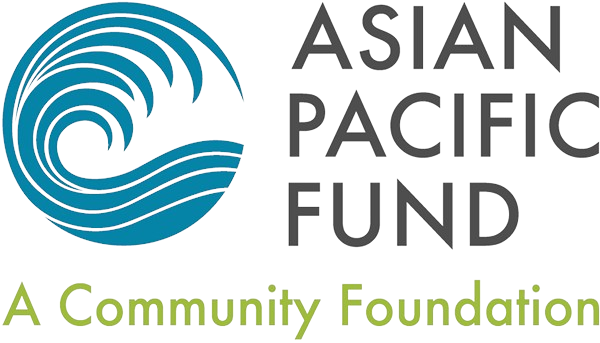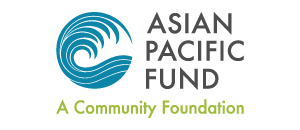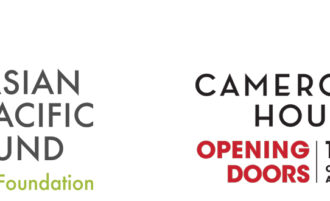
APF Affiliate Spotlight
Cameron House: 150 Years of Community Service and Empowering Families

This Women’s History Month, the Asian Pacific Fund is proud to spotlight one of our nonprofit affiliates, Cameron House, who is celebrating a landmark 150th anniversary. Cameron House has provided many important services to women and young girls throughout their century and a half of service to the San Francisco Chinese community.
We sat down with Manuela Perez Nino, Marketing and Communications for Cameron House, to learn more about our affiliate’s history and work as they enter their next chapter.
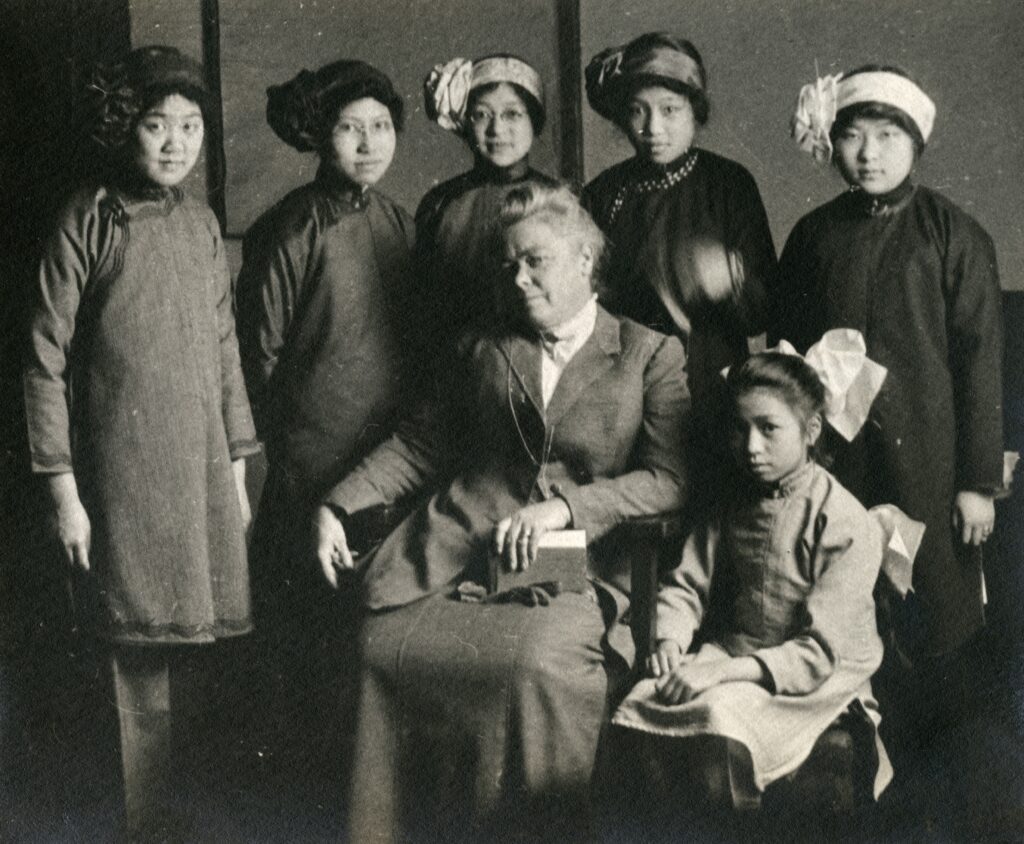
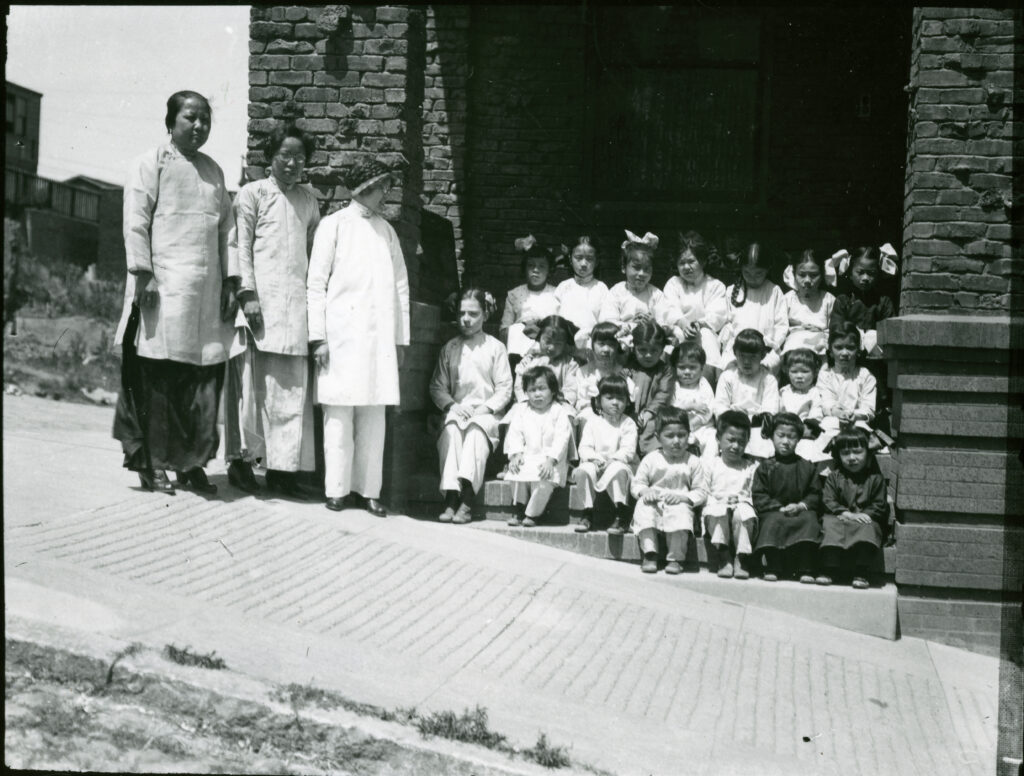
Could you tell us about Cameron House?
Cameron House empowers the San Francisco Chinese community to build strength and resilience through family-centered programs. Our vision is a safe and healthy community where people learn, heal, and thrive.
Founded in 1874 by the Presbyterian Church as the Occidental Mission Home for Girls, the home’s initial purpose was to intervene on behalf of vulnerable young Asian immigrants. Forbidden from legally entering the United States by the Chinese Exclusion Act, these girls and women were smuggled into the country and sold as commodities in what came to be known as the “Yellow Slave Trade.”
Sold into slavery, often by their own families, and trapped into bogus “contracts” that made it impossible to buy their freedom, many thousands of immigrant women died as prostitutes and domestic servants in San Francisco.
The Occidental Mission Home for Girls, the “Home” as it was known then, rescued these girls and taught them skills and faith.
What are some of Cameron House’s current programs?
For generations, we have offered a variety of programs, including adult counseling and case management assistance, each designed to meet the diverse needs of our Chinatown community. Meanwhile, for our younger community members, we provide programs such as bilingual after-school tutoring and youth leadership development, among many others.
Learn more about Cameron House’s programs and services here.
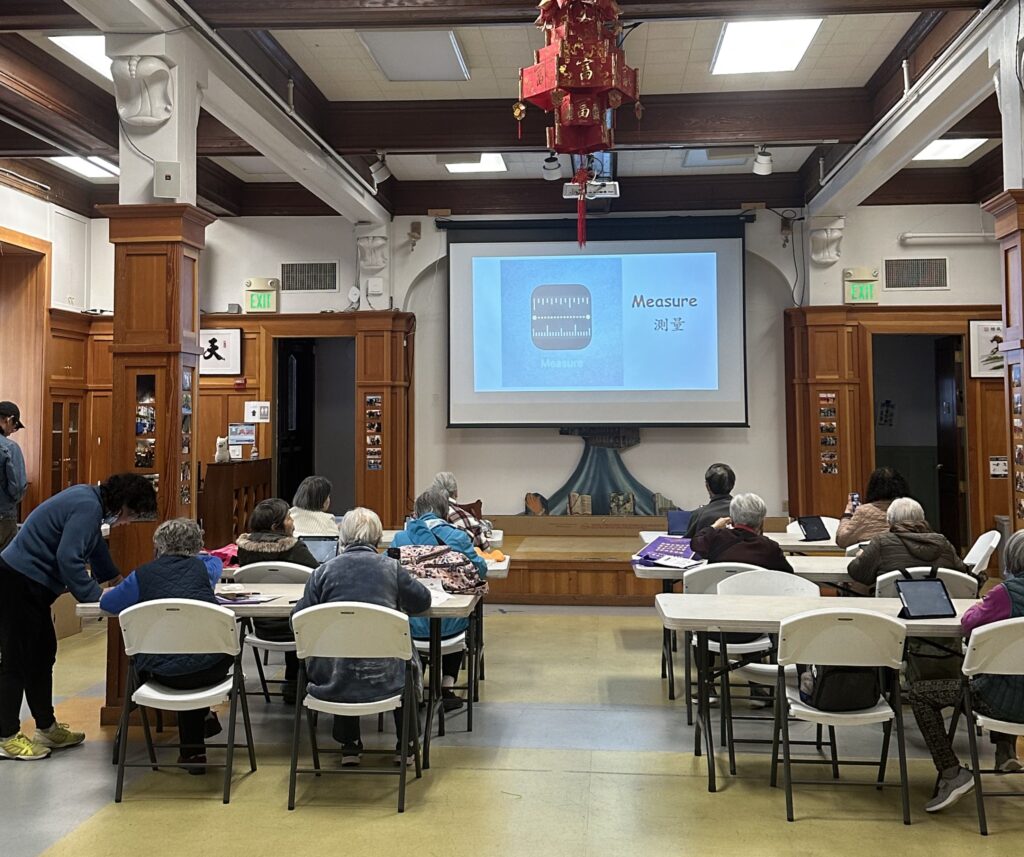
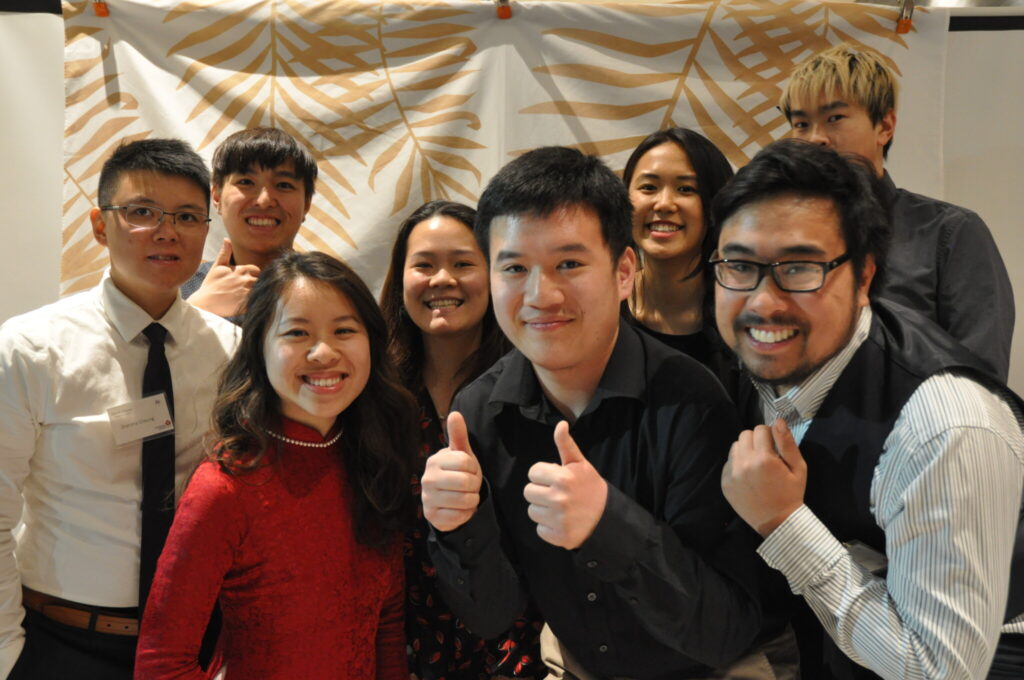
“Thanks to the help of Cameron House, I learned how to communicate and express my emotions with my children in the support group. I also met some new friends in this group. Cameron House is like my second home. They did not only help solve my problems, but also cared about me.”
Cantonese women’s support group participant
What challenges does the community, particularly the women, face, and how does the Cameron House help address them?
Cameron House conducts a Domestic Violence Intervention Program offering Case Management and a Cantonese Women’s Support Group. Through case management, we assist women and children who are in domestic violence situations, providing services such as safety planning, emotional support, referrals to shelters and legal services, accompaniment to courts, and access to community resources.
Meanwhile, the support group meetings generate emotional support, friendship, and networking opportunities. Meetings are tailored to the needs of Cantonese-speaking women who are domestic violence survivors. The support group also helps participants increase their self-esteem and promotes personal growth and healthy interpersonal relationships by teaching them practical living skills, providing information and community resources, and encouraging positive thoughts and behaviors. Members are also welcome to bring their children, and we provide the children with lessons and supervised activities while the women meet.
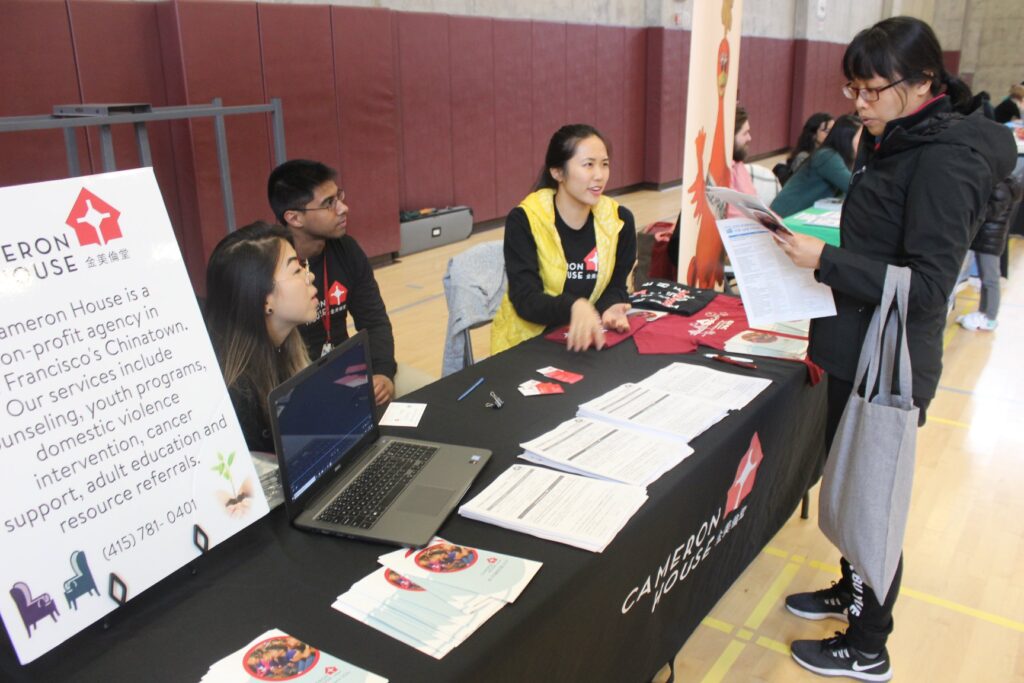
Looking at Cameron House’s next chapter, what are the organization’s aspirations to continue uplifting and empowering Chinese American communities?
We aspire to serve more teens and young adults through programs that include leadership development, community service, social skills development, and Chinese culture and history. Cameron House has a long history of vibrant youth programs, however some of them were disbanded during the pandemic.
There is also a dire need for more essential services and assistance for Chinatown residents, who have the lowest median household income in San Francisco at $31,000. The neighborhood with the second lowest median income is the Tenderloin at $43,000.
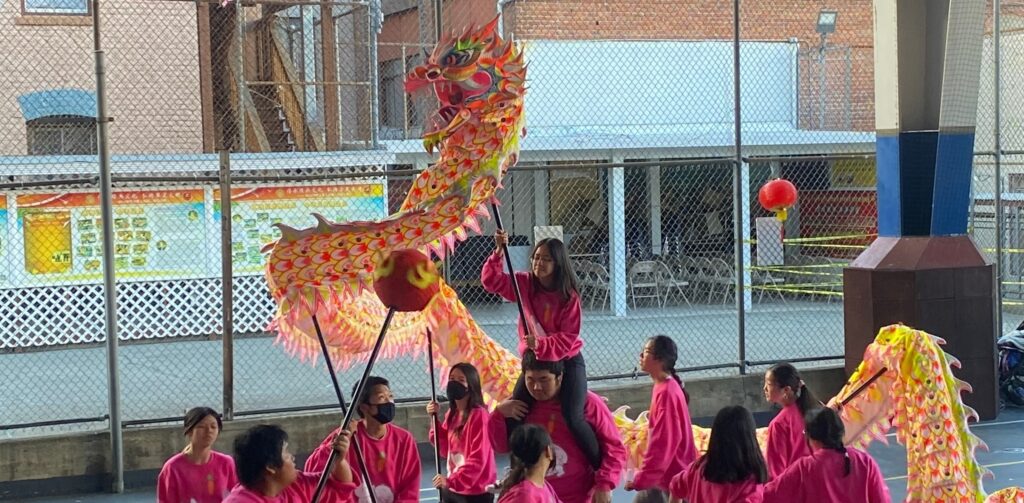
For more than 30 years, the Asian Pacific Fund has proudly supported our affiliate network of more than 90 AAPI-serving nonprofits, including Cameron House, in the San Francisco Bay Area. Together, we support the most underserved members of our community, addressing everything from homelessness and food insecurity to environmental justice.
